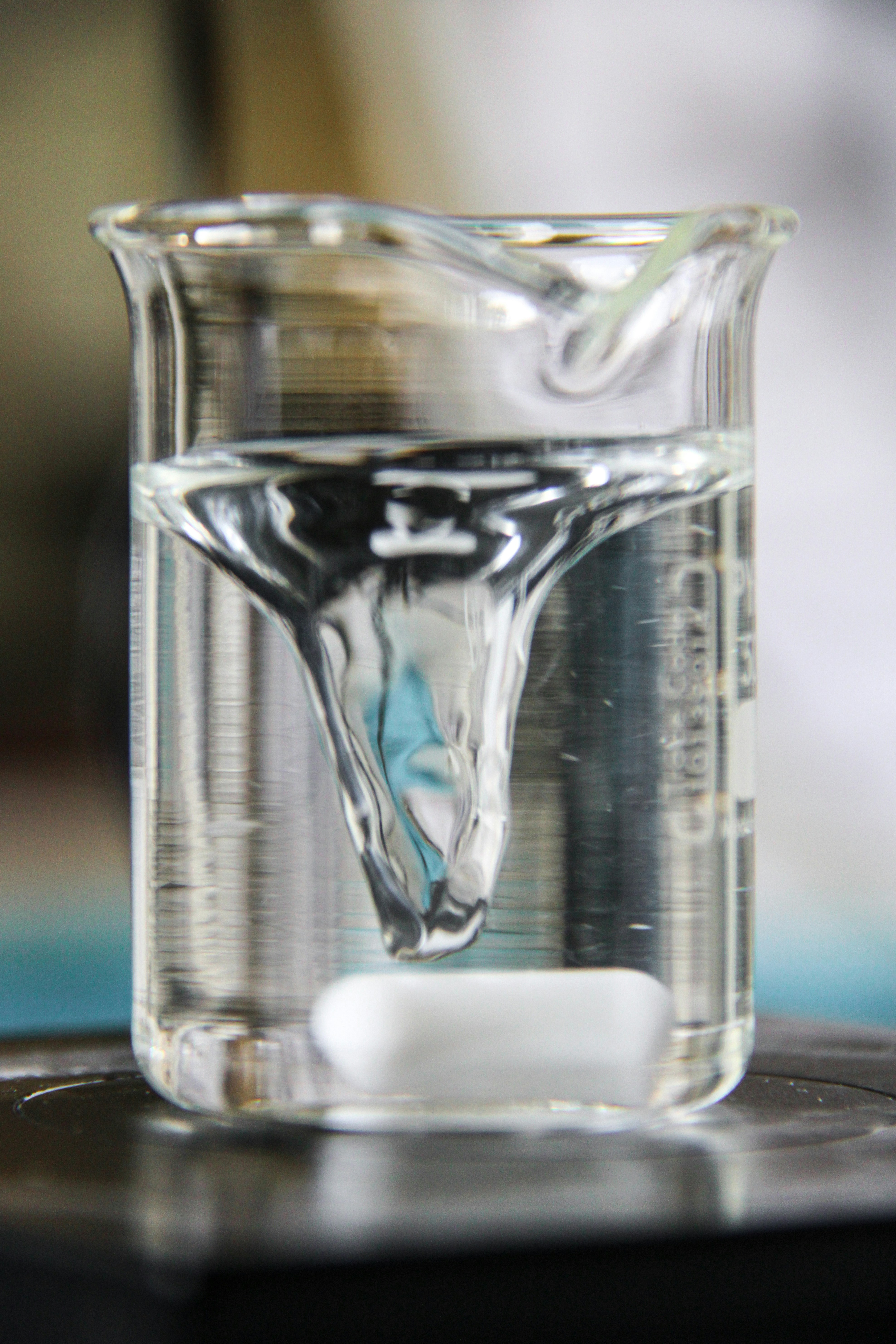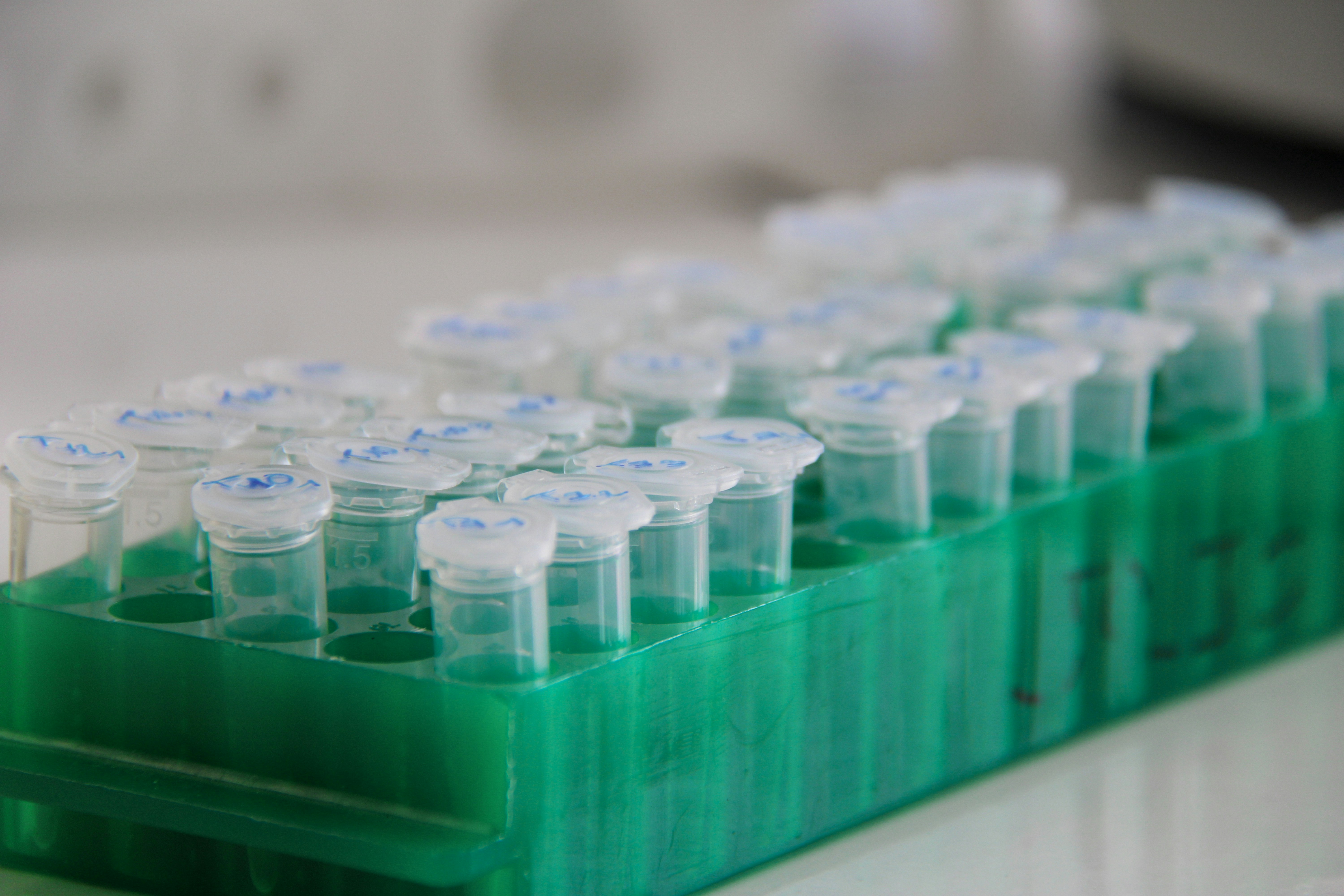Exploring the World of Biochemistry: A Journey into Life’s Molecular Machinery
November 9, 2025 | by arashkazemiac137@gmail.com
 Photo by Nathan Rimoux on Unsplash
Photo by Nathan Rimoux on Unsplash The Role and Importance of Biochemists in Modern Science
Biochemists play a pivotal role in the advancement of modern science, serving as a bridge between biology and chemistry to understand the fundamental building blocks of life. Their work is crucial in various domains, including medicine, agriculture, and environmental science. By investigating the molecular mechanisms that govern biological processes, biochemists contribute significantly to our understanding of how living organisms function at the cellular level.
One of the primary tasks of biochemists is conducting meticulous research aimed at unraveling complex biological systems. This research often leads to the discovery of new biological pathways and mechanisms, which can have far-reaching implications. For instance, in the medical field, biochemists are instrumental in the development of novel drugs and therapies that target specific diseases. They employ advanced techniques in molecular biology, genomics, and proteomics to identify potential drug candidates, optimize their efficacy, and evaluate their safety. This process is crucial in the relentless pursuit of more effective treatments for a myriad of health conditions.
In agriculture, biochemists are key players in developing sustainable practices and enhancing crop yields. Through biochemical research, they can devise methods to improve nutrient absorption in plants and create genetically modified organisms that resist pests or diseases. Furthermore, their work in environmental science emphasizes the importance of using biochemistry to address ecological issues, such as pollution and climate change. By understanding the biochemical processes that affect ecosystems, biochemists are paving the way for innovative solutions to restore and maintain the health of our planet.
Collaboration is essential to the success of biochemists. They often work alongside other scientists, healthcare professionals, and industry leaders, combining expertise to tackle complex biological problems. This interdisciplinary approach is vital for fostering innovation and addressing the multifaceted challenges that humanity faces today. Through their extensive contributions and collaborations, biochemists continue to enhance our knowledge and improve human health and welfare.
Career Pathways and Educational Requirements to Become a Biochemist
Embarking on a career in biochemistry requires a structured educational pathway combined with practical experience. Typically, aspiring biochemists begin their journey with an undergraduate degree in biochemistry or a closely related field such as molecular biology or chemistry. This foundational education is critical, as it introduces students to essential biochemical concepts, laboratory techniques, and scientific methodologies. Coupled with theoretical instruction, hands-on laboratory experience is crucial for developing technical skills that are indispensable in biochemistry.
Following the completion of a bachelor’s degree, many biochemists choose to pursue advanced degrees. A Master’s degree in biochemistry or a related discipline allows for specialization in areas such as pharmacology, enzymology, or metabolic engineering. Advanced study often incorporates extensive laboratory work and research projects, facilitating a deeper understanding of complex biochemical processes. Furthermore, a Ph.D. is generally required for those seeking a career in academia or high-level research positions within the industry. A doctoral degree provides the necessary expertise and research skills to contribute novel insights into the field of biochemistry.
Beyond formal education, specific skills and competencies are essential for biochemists. Proficiency in laboratory techniques such as chromatography, spectrometry, and molecular cloning are vital. Additionally, an understanding of bioinformatics tools is increasingly important as biochemistry interlinks with computational biology. Biochemists should also cultivate interpersonal and communication skills for effective collaboration within multidisciplinary teams.
Career opportunities for biochemists are diverse, spanning academic institutions, pharmaceutical companies, nutrition science, and governmental agencies. Biochemists engage in research, drug development, quality control, and regulatory affairs, among other roles. Joining professional organizations and attending conferences can provide significant networking opportunities, further enhancing career prospects in this dynamic and evolving field.
RELATED POSTS
View all


